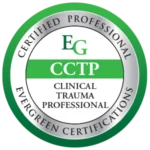C-PTSD, or Complex Post-Traumatic Stress Disorder, is a type of PTSD that is caused by prolonged exposure to traumatic events, such as childhood abuse or neglect, domestic violence, or captivity. C-PTSD can have a significant impact on an individual's mental health, relationships, and daily functioning. Fortunately, there are effective therapies available for C-PTSD, including trauma-focused therapy and EMDR.
Trauma-focused therapy for C-PTSD involves working with a therapist to identify and process the traumatic events that have contributed to the development of C-PTSD. This may involve talking about the events, expressing emotions related to the trauma, and learning coping strategies to manage symptoms of C-PTSD, such as hypervigilance, dissociation, and flashbacks. Trauma-focused therapy can help individuals with C-PTSD to develop a greater sense of control over their thoughts and emotions, and to learn how to cope with triggers and reminders of the trauma.
EMDR, or Eye Movement Desensitization and Reprocessing, is an effective therapy for C-PTSD. EMDR involves guided eye movements while focusing on a traumatic memory, which can help to reduce the intensity of emotions and physical sensations associated with the memory. EMDR has been shown to be effective in reducing symptoms of C-PTSD, such as flashbacks, nightmares, and anxiety.
Another therapy that may be helpful for individuals with C-PTSD is Accelerated Resolution Therapy (ART). ART involves a combination of eye movements, visualization, and relaxation techniques to help individuals with C-PTSD process traumatic memories and reduce symptoms.
Safe and Sound Protocol (SSP) is a newer therapy that is also showing promise in treating C-PTSD. SSP involves listening to specially designed music that is designed to help regulate the nervous system and reduce symptoms of C-PTSD, such as anxiety and hypervigilance.
In addition to these therapies, self-care is an important part of managing C-PTSD. This may include activities such as exercise, mindfulness meditation, journaling, and connecting with supportive friends and family members.
If you are struggling with C-PTSD, it is important to seek professional help from a licensed therapist who is experienced in treating trauma-related disorders. At Healing Place Counseling we have years of experience helping individuals with C-PTSD find the right treatment and support, and build a healthier and more fulfilling life.





